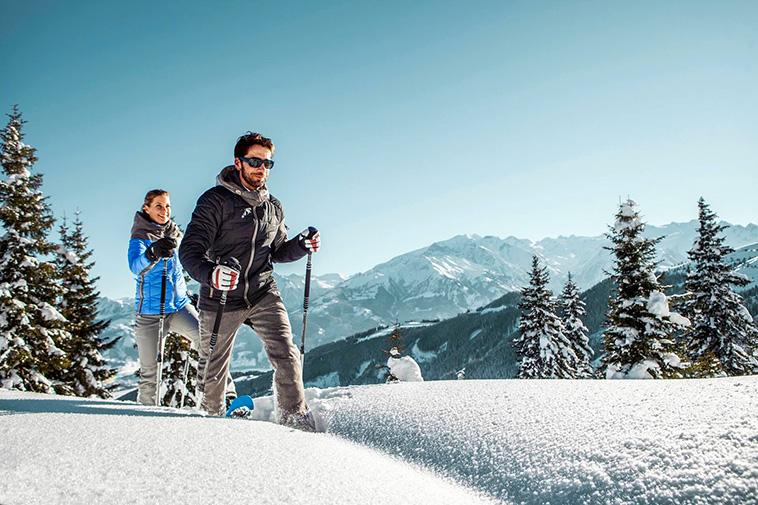Why You Should Try Backpacking and Hiking This Winter

Hiking or backpacking through mountainous roads might be something you enjoy doing from time to time. However, have you ever experienced a hiking adventure during winter? If not, perhaps it’s time to give this possibility some thought.
With less favorable meteorological conditions, you might be skeptical to the idea, but once you discover that winter hiking can provide even more enjoyment, you could develop an actual passion for it. Just because the weather isn’t warm and sunny shouldn’t mean you have to stay indoors. There are a few great things about backpacking and hiking off-season, and here are the most important aspects to know about.
Winter exercise is good for both your physical and mental health
Hiking in winter will allow you to burn up to 30% more calories than you normally would in comfortable temperatures. Your body burns extra calories just to keep warm, so this type of activity will be an effective form of exercise that will keep you fit and healthy. You will also be boosting your immune system, which is another plus. Your mental health can have to benefit out of hiking in winter, as well – if you usually deal with symptoms of seasonal affect disorder, you’ll notice an improvement in this department. Hiking is fun and keeps your spirit and mood lifted.
Breathtaking natural sceneries
The views might be beautiful when you are hiking during summer season, but winter sceneries will be even more breathtaking. Depending on the trails you pick, you can get a glance at some impressive views – mountainous areas will always look more mesmerizing when it has snowed outside. It will feel like you are in a winter wonderland.
Hiking is gentler on the body when there’s snow
While you will be burning more calories and building muscles, hiking on snowy trails will feel gentler on the body. The snow makes the trails feel softer, providing a “cushion” for your legs and body, so experiencing soreness afterwards will be less likely to happen. Cold temperatures also mean there will be fewer people on the trails and the roads will be bug-free.
Hiking safely
Winter hiking can, in fact, be fun and exciting, but you also need to take a few extra means of precaution. Make sure you dress appropriately for the weather outside. The temperatures drop as you climb higher, so you should expect colder temperatures than at the start of your trail. Dress in layers, so you can easily adjust your outfit to how cold or warm you feel. Also, the shoes you normally wear when you’re summer hiking won’t ensure proper traction on the snow, so get yourself some snowshoes or crampons.
Bottom line
If you are the adventurous type, backpacking and hiking this winter can help you create some wonderful memories. Stepping outside your comfort zone and engaging in explorations while the weather might not be extremely favorable will allow you to test your limits and challenges yourself. As you can see, you have a few strong reasons to consider an outdoorsy type of activity this cold season, and if you pick the right locations, you’ll certainly benefit from experiences you’ll remember for the rest of your life.
